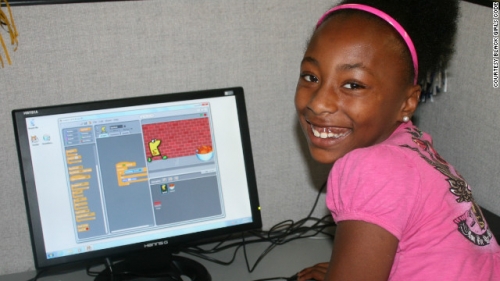
Teenagers can no longer differentiate between the online world and real life, according to a survey.
The research raises questions about whether schools are doing enough to educate children about the dangers that lurk online.
The survey – commissioned by Google and Vodafone – further warns that children’s online behaviour changes significantly when they make the step up to secondary school.
But it also found that older teens are eager to share what they have learnt with their younger peers – with children apparently more likely to heed their advice than the guidance of teachers or adults.
A campaign, called ‘Well Versed’ has been launched to help teenagers share techniques for dealing with risks online.
The e-safety project, designed for secondary school pupils aged 13 to 15, was set up by campaigners who argue that online threats are still not being taken seriously enough.
According to its website, it aims to ‘encourage young people to share their best advice for mastering life online, and share their learning’.
Cyberbullying is an increasing worry for parents, with an 87 per cent rise in victims calling Chidline last year.
The charity saw 4,507 cases of online bullying between 2012 and 2013.
According to the NSPCC, 38 per cent of young people have been affected by cyber-bullying.
In 2011, researchers found children were often happier with their online lives than they are with reality.
The study for children’s charity Kidscape assessed the online activities of 2,300 11- to 18-year-olds from across the UK.
They found that 45 per cent said they were sometimes happier online than in their real lives.

